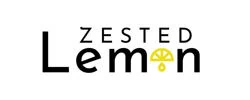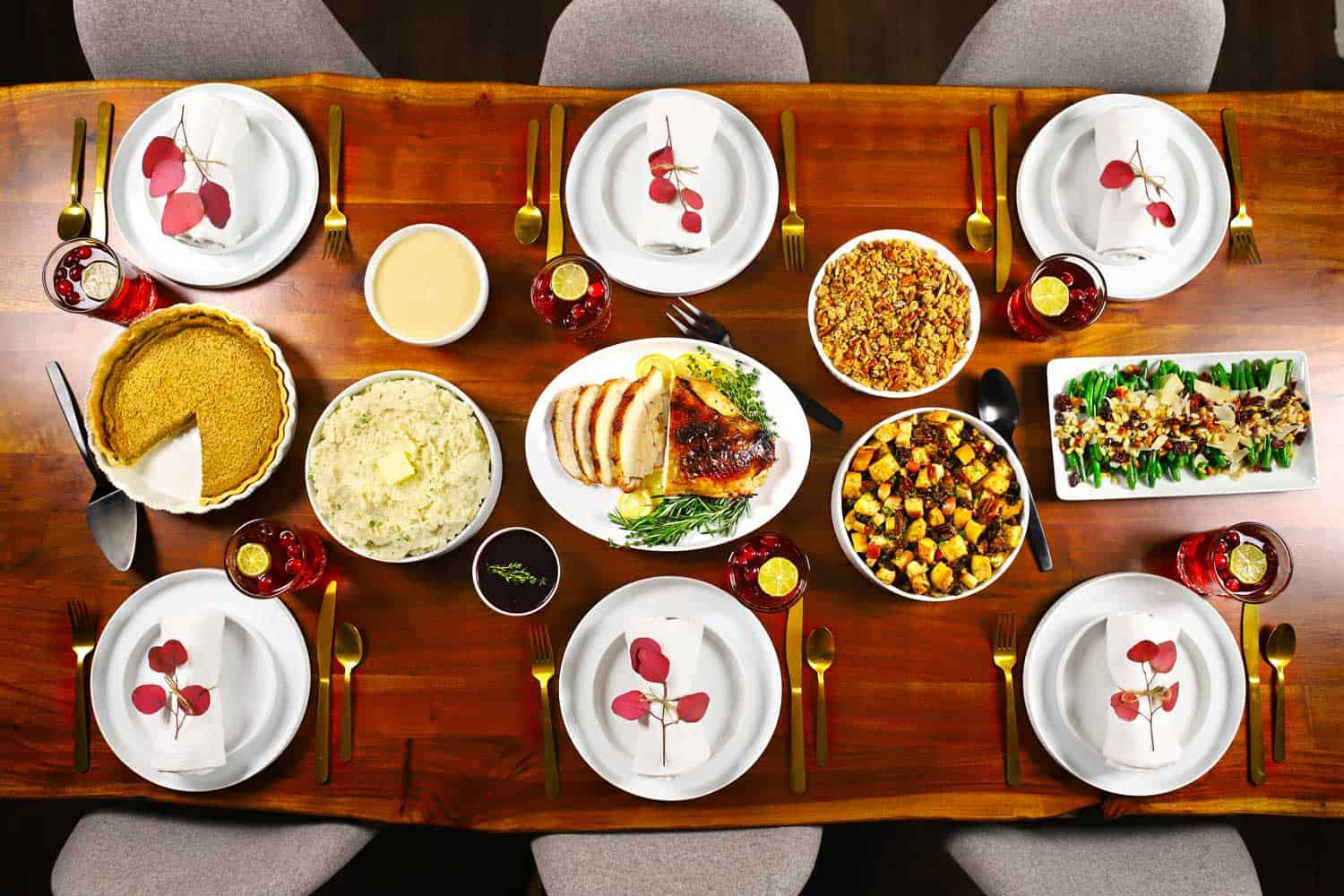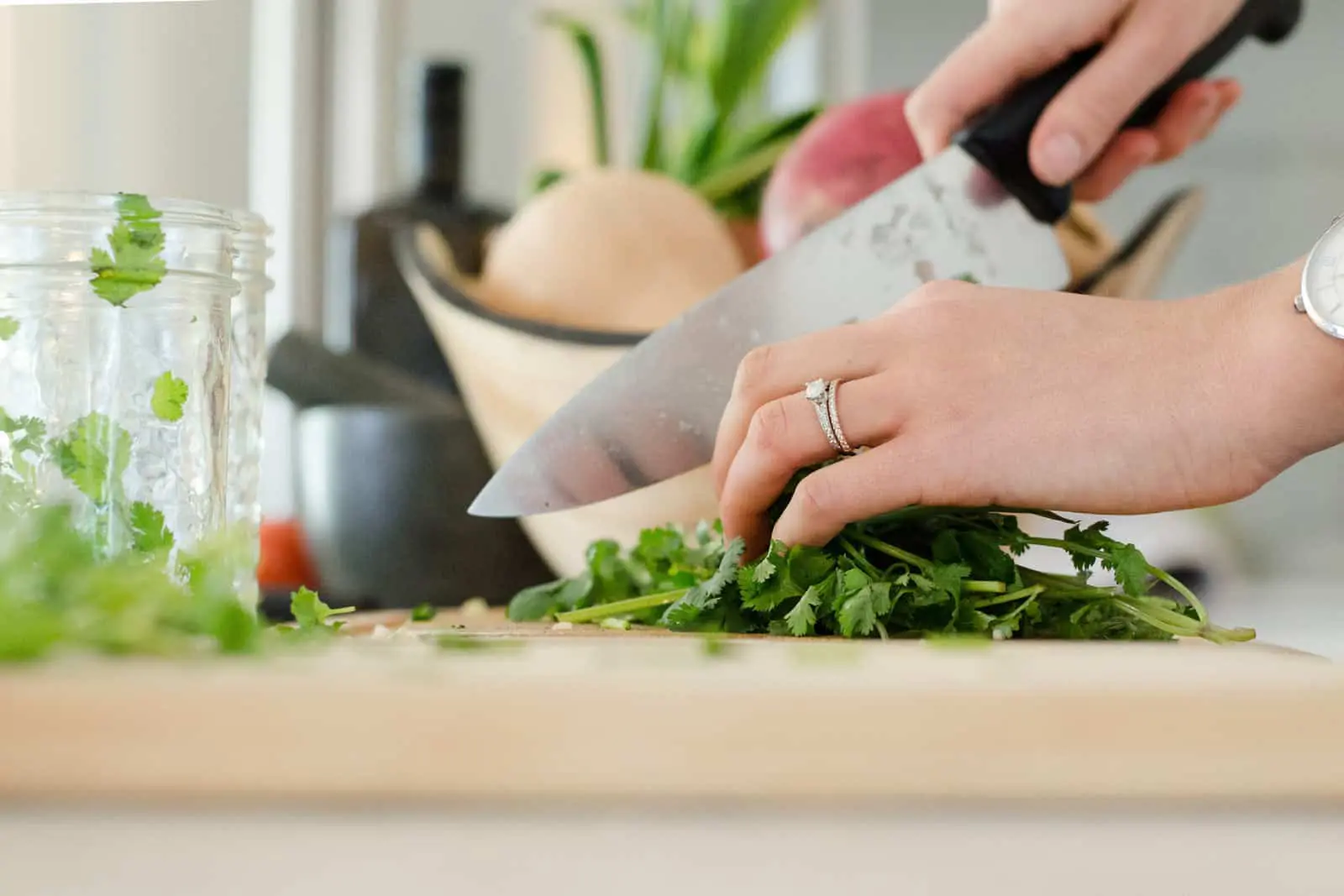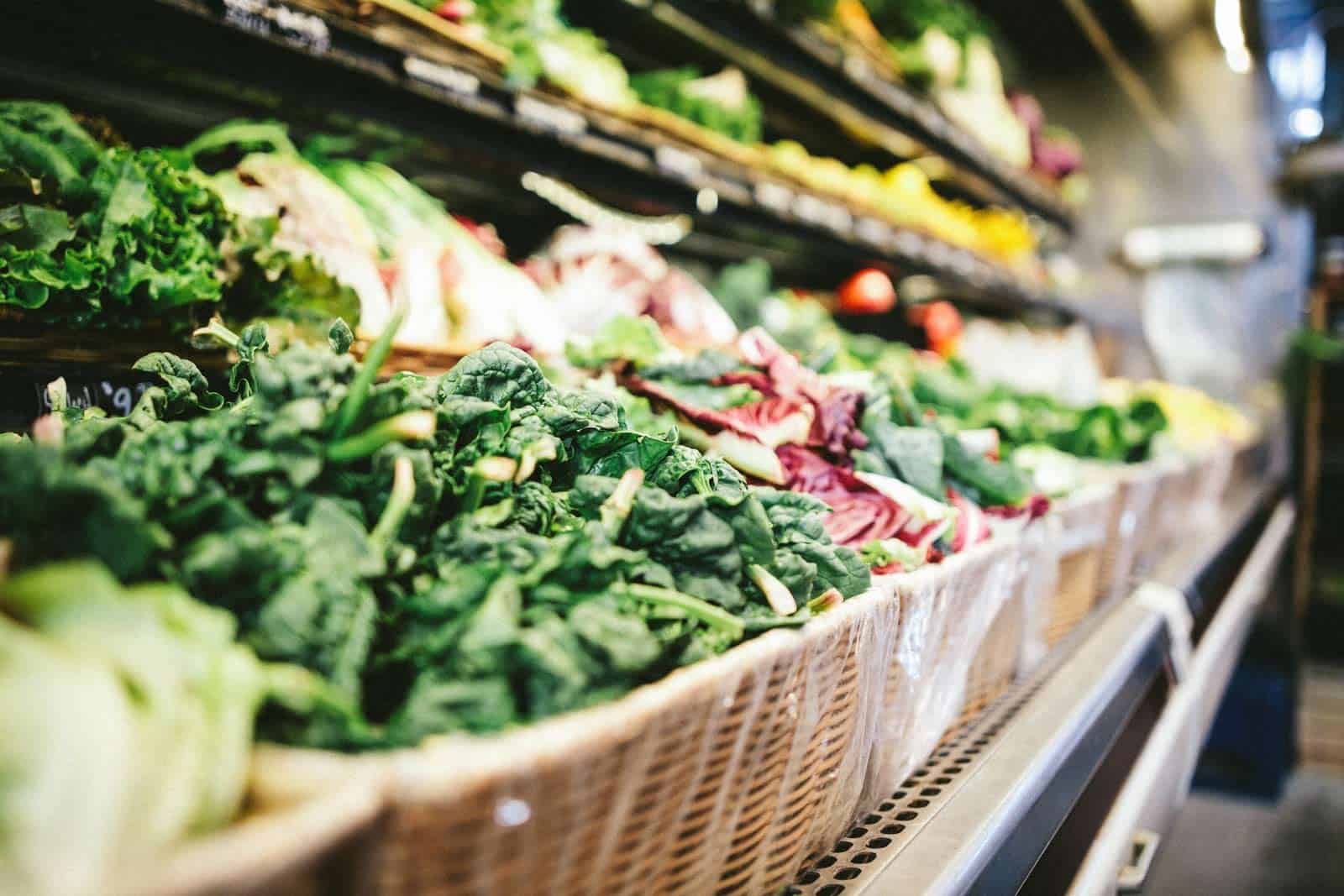What Wholesale Shopping Actually Looks Like
Cost, Quantity and Quality of Actual Wholesale Purchases
Opinions vary greatly when it comes to wholesale stores, like Costco. For every article claiming wholesale stores can help promote a healthy lifestyle while saving money, there is an article claiming the exact opposite. All the ambiguous chatter about huge quantities, prices, savings (or lack thereof) and quality of food makes it challenging to determine if wholesale stores are right for you.
Personally, I like specifics. So, this article cuts through all the fluff with actual examples of real-life wholesale purchases with specific prices and quantities.
The Experiment
Price: I went grocery shopping at Costco and purchased the following 11 foods that were on my grocery list. On the same exact day, I went to Target, Whole Foods and Cub Foods to find the most affordable option of the same 11 items to compare prices. I excluded all sale prices from all stores. Because the quantities were generally larger at Costco, prices were compared on a per unit basis and then applied to the Costco quantity for reference.
Quantity: Because wholesale quantities are a concern for many, each food listed below includes the actual quantity sold at Costco. To give you a better idea of what those quantities actually look like, each item is shown by either standard sized cans, gallon sized ziplock bags or 32 oz. containers (the size of a mason jar).

Keep in mind foods/products, quantity and prices vary by location, season and various other factors.
Actual Cost and Quantities of 11 Wholesale Food Purchases
1) Organic Beets: Anyone who has ever tried to cook and peel their own beets knows that the convenience of pre-cooked and peeled beets at such a low price is like stumbling upon a pot of gold.
The beets come in 3 vacuum sealed bags with about 4 beets per bag. They have a long shelf life and do not need to refrigerated until the individual vacuum sealed bag is opened.
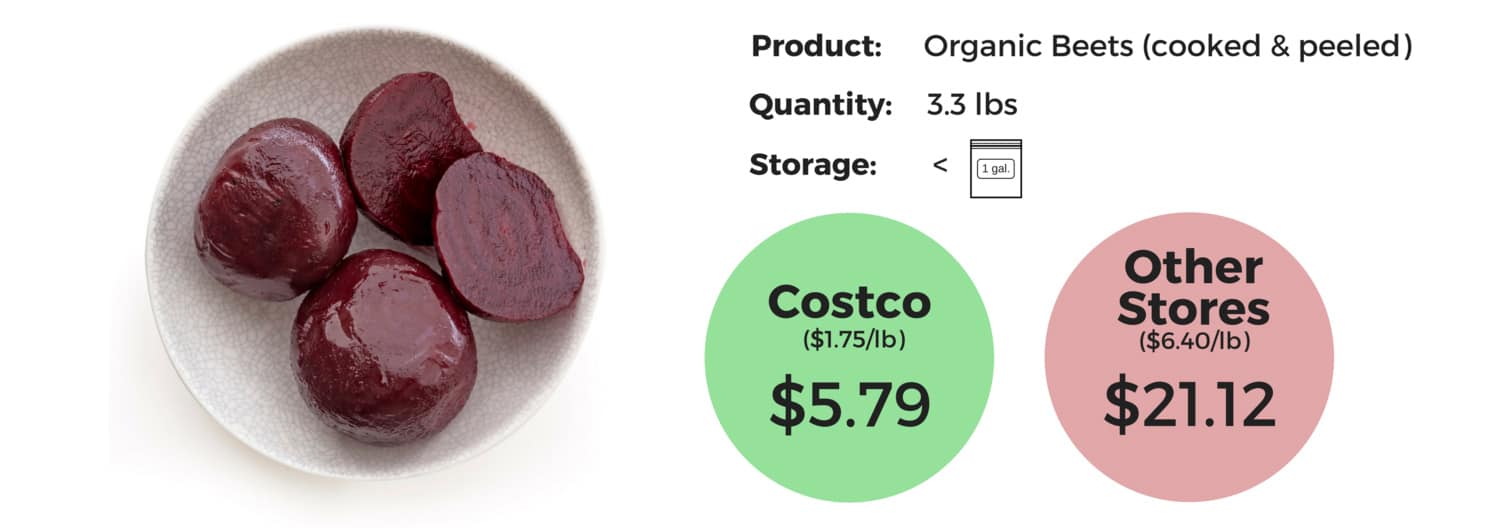
2) Organic Coconut Oil: Coconut oil isn’t limited to cooking. There a many personal care uses for coconut oil like moisturizer, teeth whitener, toothpaste, makeup remover and hair conditioner.
It comes in a single 84 oz. container. If you are tight on space, I recommend portioning out the coconut oil into a few smaller containers for easy storage.
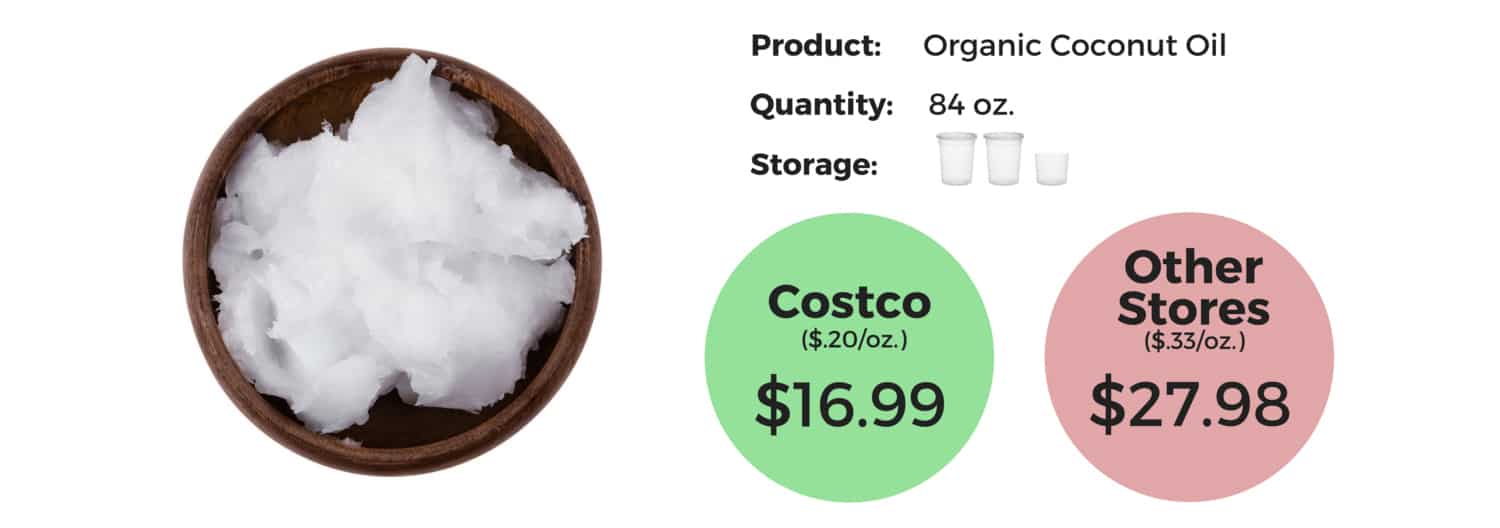
3) Organic Quinoa: Quinoa is a hearty grain packed with protein. Try using it in grain bowls, salads, sushi bowls, side dishes, breakfast dishes or as a substitute for rice. The quantity of quinoa fits in three 32 oz. containers and will last for a significant amount of time.
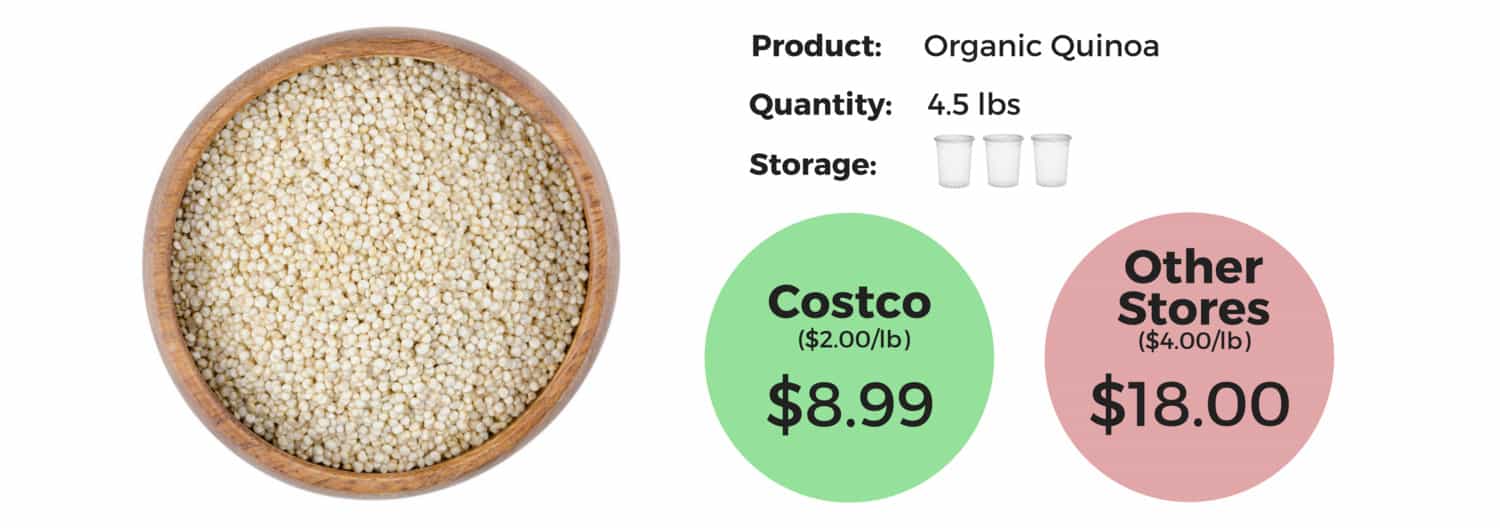
4) Organic Whole Cashews: Cashews are a popular snack as well as a key ingredient in many vegan recipes. Cashews can easily be turned into a smooth buttery texture to used for everything from vegan sauce to vegan cheesecake.
Store cashews in a sealed container in a dark pantry or cabinet for up to six months. To extend their shelf life, store them in the fridge or freezer.
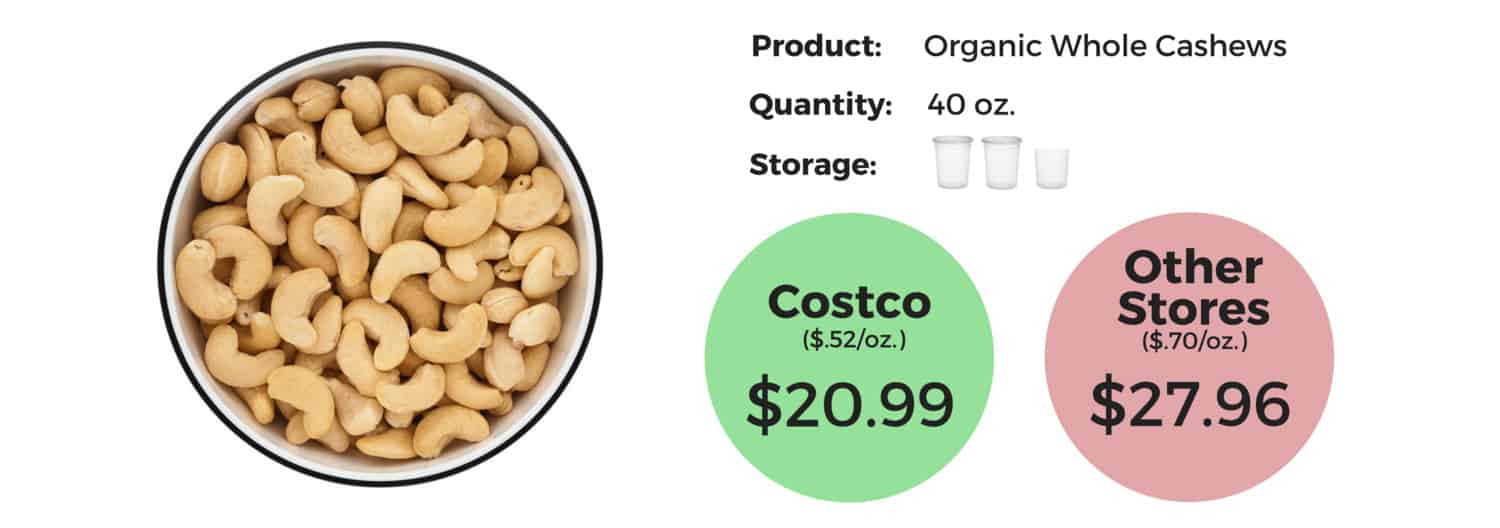
5) Organic Pine Nuts: Pine nuts have gotten outrageously expensive… except when you shop at Costco. So, if you’re a fan of pesto, getting pine nuts from Costco is a must. They are also a awesome addition to salads and vegetable side dishes.
Pine nuts require minimal storage space and can be stored in a sealed container in a dark pantry or cabinet for 1-2 months, the fridge for 3-4 months or the freezer for 5-6 months.
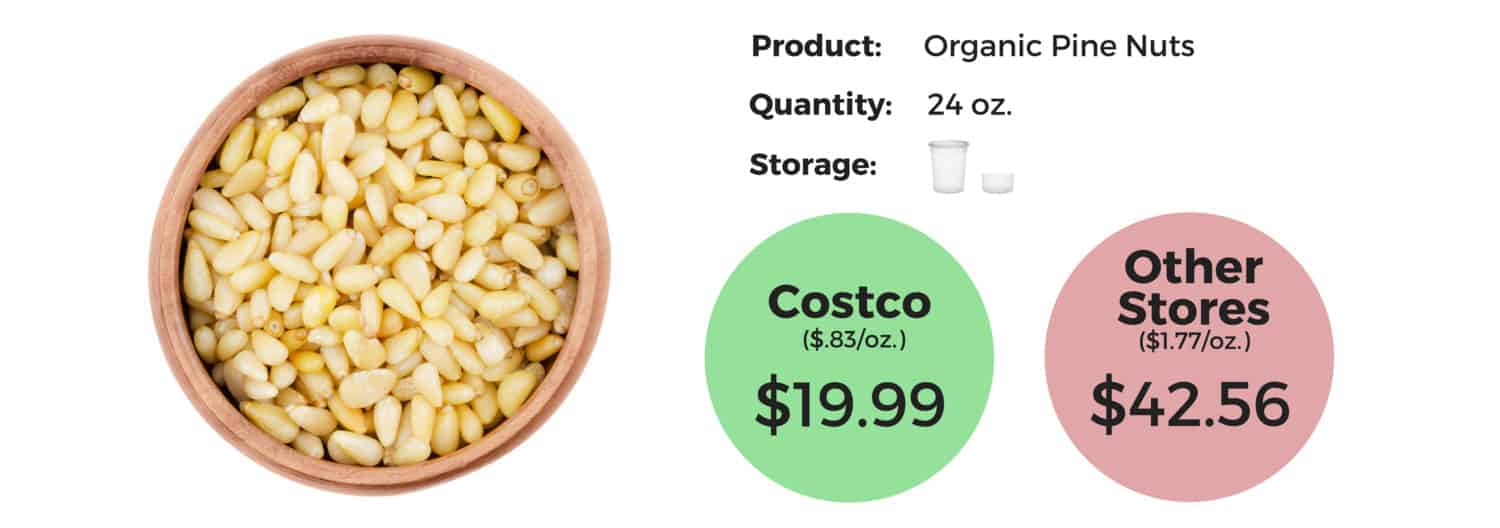
6) Organic Dried Apricots: Dried apricots can be used in salads, breakfast bars, baking, desserts or as a sweet snack all on their own.
They come in one large resealable bag. However, I recommend storing them in uniform sealed containers to keep your food storage simple, organized and clutter free. Also, please notice the remarkable difference in prices.
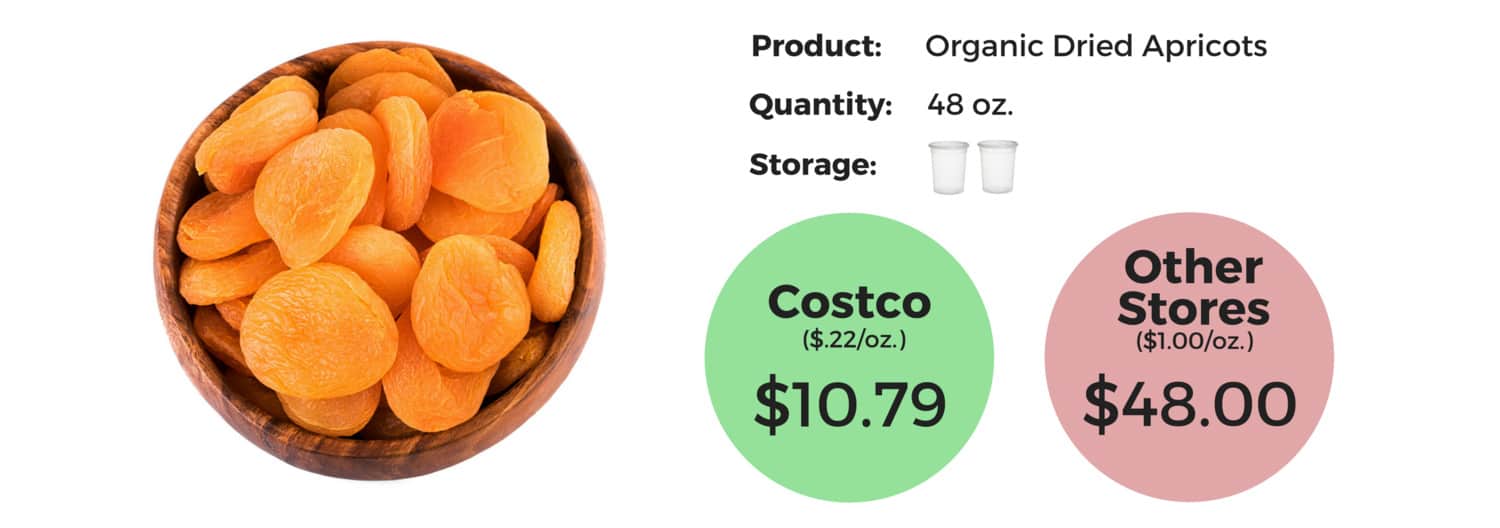
7) Organic Plain Greek Yogurt: One of the best things about plain Greek yogurt is it can be used as a healthy substitute for sour cream (I actually prefer it!). TIP: I recommend 2% or whole milk Greek yogurt because it is much creamier, more flavorful and has a higher nutritional value than fat-free yogurt.
This yogurt comes in a single container that is easy to store in the fridge. This wholesale container of yogurt is not much larger than a standard size container of yogurt which is between 32-40 oz. However, the price is still much lower than the cheapest option available at other stores.

8) Frozen Organic Berry Blend: This raspberry, blackberry and blueberry blend is popularly used to make healthy smoothies. Smoothies are a quick and easy breakfast or on-the-go snack. I recommend storing the berries in a gallon sized Zip-lock baggie. If you want to be uber organized, portion out the amount needed for each smoothie into individual baggies and store them in the gallon sized baggie.
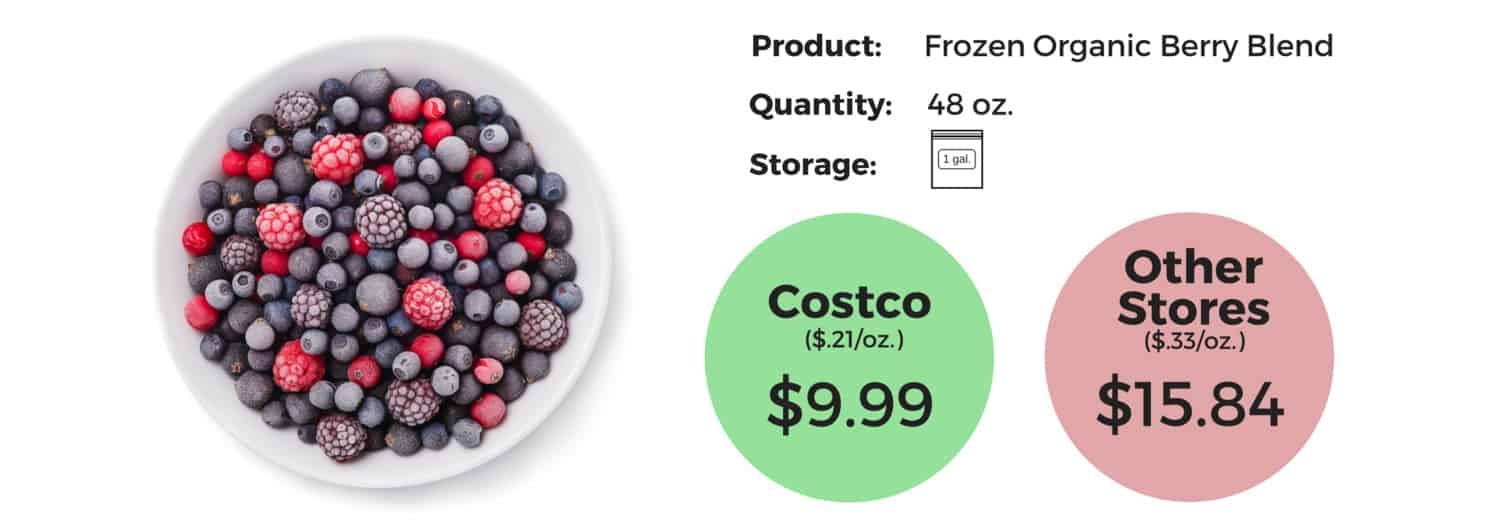
9) Frozen Organic Chicken Breast: Chicken is a good lean source of protein to keep stocked in the freezer because it is easy to make, reheats well and is versatile. There are so many options for chicken including sandwiches, soups, one-pan dinners, curry, casseroles and healthy appetizers.
Buying chicken pre-frozen makes it easy to grab only the amount you need and speeds up the thawing process. I recommend storing the chicken breasts in two gallon sized ziplock baggies.
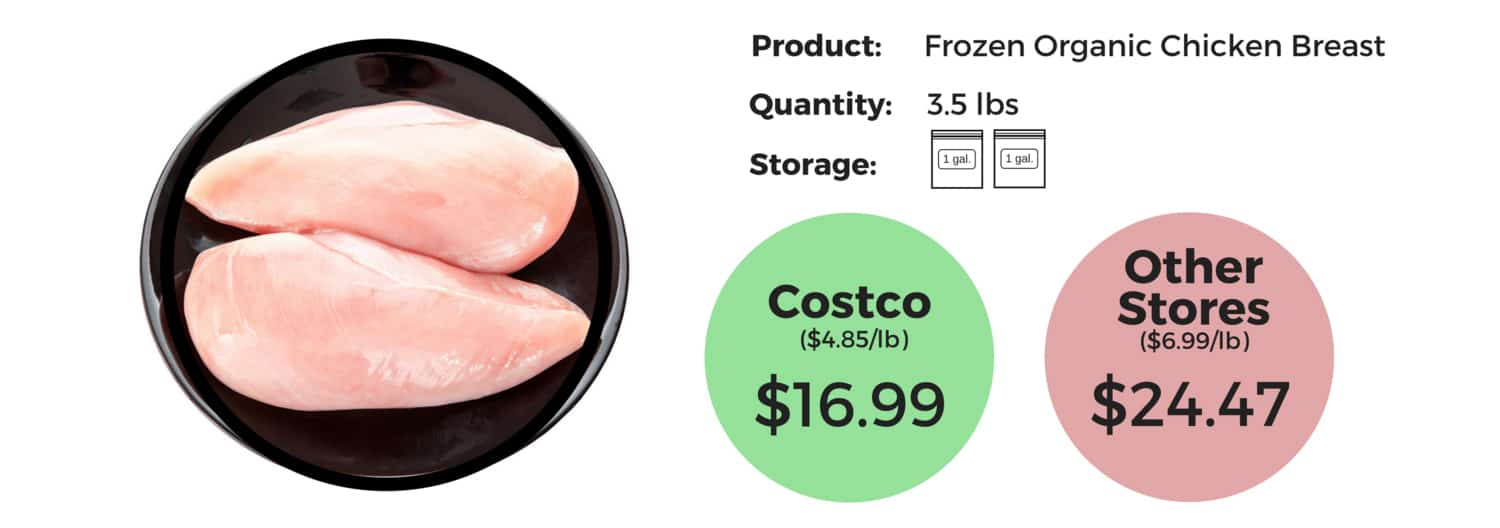
10) Organic Blueberries: Blueberries aren’t only available at a very reasonable price, but the quality is outstanding. They are always perfectly plump, sweet and juicy. I use them all the time in my Blueberry Chia Seed Breakfast Pudding. The quantity in which blueberries are sold can be easily eaten within a the week by one or two people. Blueberries sold at other stores are generally sold in 6 oz. or 12 oz. containers.

11) Organic Canned Diced Tomatoes: Canned diced tomatoes are popularly used when making chili, soup, sauces and slow cooker recipes. These tomatoes come in cases of 8 cans. Canned goods have a long shelf life and are incredibly easy to store because they are stackable, compact and uniform in shape and size.
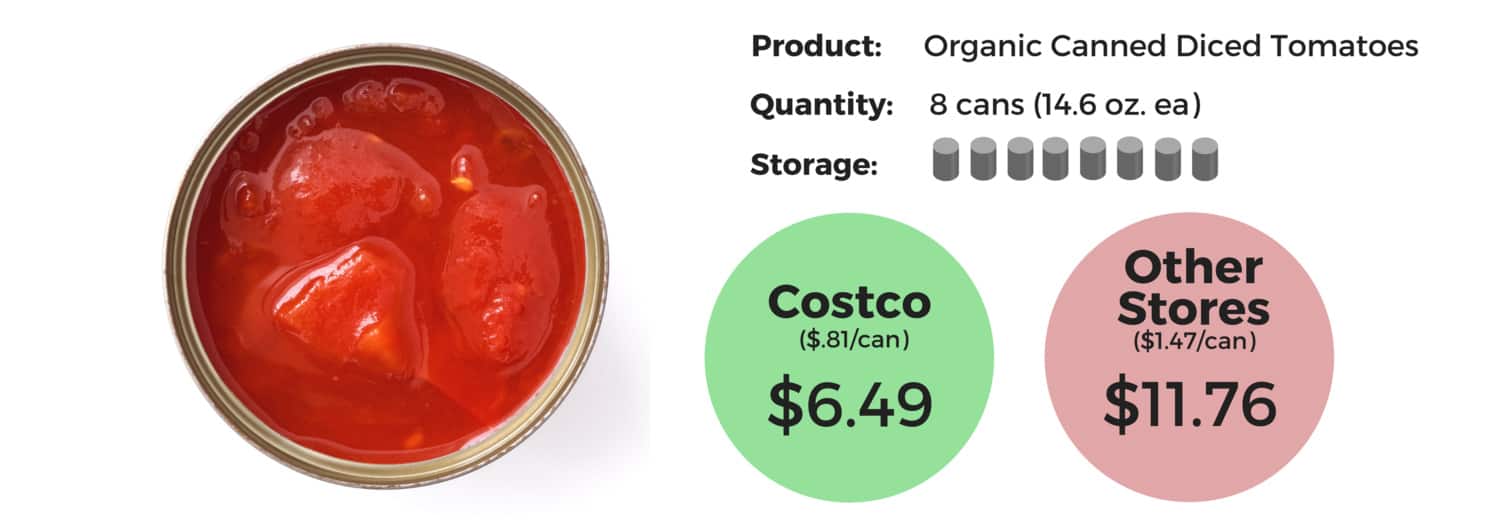
The Results
After comparing prices to three other stores, Costco still had the lowest per unit price on each of the 11 foods I purchased. The quantities weren’t too large for my two-person household (just my husband and I). Overall, Costco has been a great resource for me to save a significant amount of time and money when buying healthy foods.
However, there is much more to saving money than buying foods at low prices. You have to buy the right foods (only buy healthy foods in bulk!) and store those foods efficiently. Below are a few storage, organization and shopping resources to help you do just that. Happy shopping!
- Food Storage Containers – A Simple Yet Life-Changing Tupperware Update
- Fruit and Vegetable Storage – Eat More Fruits & Vegetables with These 10 Products
- Fridge Storage and Organization – The 19 Minute Fridge Transformation
- Save Money Shopping Wholesale – A Mini Guide to Healthy Grocery Shopping at Costco
